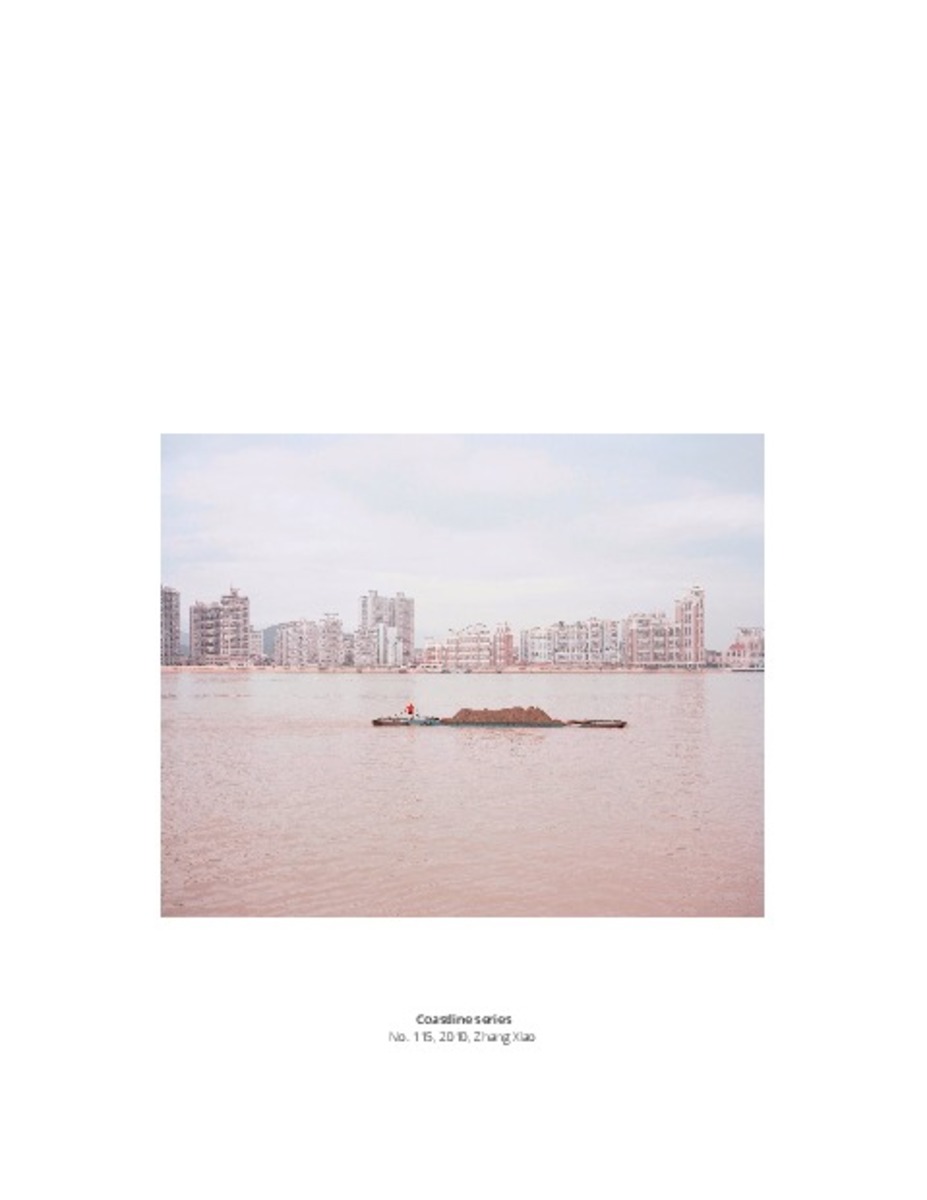Registro completo de metadatos
| Campo DC | Valor | Lengua/Idioma |
|---|---|---|
| dc.creator | Rossl, S. (Stefania) | - |
| dc.date.accessioned | 2016-12-09T08:21:55Z | - |
| dc.date.available | 2016-12-09T08:21:55Z | - |
| dc.date.issued | 2016 | - |
| dc.identifier.citation | Rossl, S. (2016) ""Contemporary Asian landscape. Photography as identity"" En: Alcolea, R.A, Tárrago-Mingo, J., (eds.), en Congreso internacional: Inter photo arch ""Intersecciones"", celebrado en Pamplona, los días 2 al 4 de Noviembre de 2016, (pp.256-269) | es_ES |
| dc.identifier.isbn | 978-848081-521-5 | - |
| dc.identifier.uri | https://hdl.handle.net/10171/42460 | - |
| dc.description.abstract | Referring to the important exhibition New Topographics (1975), William Jenkins wrote “the pictures were stripped of any artistic frills and reduced to an essentially topographic state, conveying substantial amounts of visual information but eschewing entirely the aspects of beauty, emotion and opinion”. This transformation in photography reflects the deep and quick changes that are happening in the world, focused on the urban transformation. Over half of the world’s population now lives in cities and this change of lifestyles has led to a dramatic transformation in the landscapes that surround us. Particularly from “New Topographics” can be taken the idea of the use of photography like an urban narrative and descriptive tool. The cities, in particular the Asiatic ones, are growing frenetically changing skyline and the perception of the public space. Contemporary landscapes are changing: urbanization caused a strong impact on the relationship between man and nature, and like the development of our cities to follow specific urban planning, we try to control our human experience with nature. These new developments are connected not only to the way that the physical landscape is changing but, perhaps more importantly, to the way that we are dealing with these changing environments. The new “documentary” photography reveals not only the impact of the man on the landscape, but the way it occurs and contracts the interaction between the two. Through a selection of eastern photographers that use the image as critical reading of contemporary Asian landscape, this research highlights the role of photography as a needed document to reflect on the extent of the landscape changes and the antithetical relationship between permanence and change in urban and extra urban contexts. | es_ES |
| dc.language.iso | eng | es_ES |
| dc.publisher | Servicio de Publicaciones Universidad de Navarra | es_ES |
| dc.rights | info:eu-repo/semantics/openAccess | es_ES |
| dc.subject | Materias Investigacion::Arquitectura | es_ES |
| dc.subject | Asian | es_ES |
| dc.subject | Photography | es_ES |
| dc.subject | Landscape | es_ES |
| dc.subject | Cities | es_ES |
| dc.subject | Identity | es_ES |
| dc.title | Contemporary Asian landscape. Photography as identity | es_ES |
| dc.type | info:eu-repo/semantics/article | es_ES |
Ficheros en este ítem:
Estadísticas e impacto
Los ítems de Dadun están protegidos por copyright, con todos los derechos reservados, a menos que se indique lo contrario.






